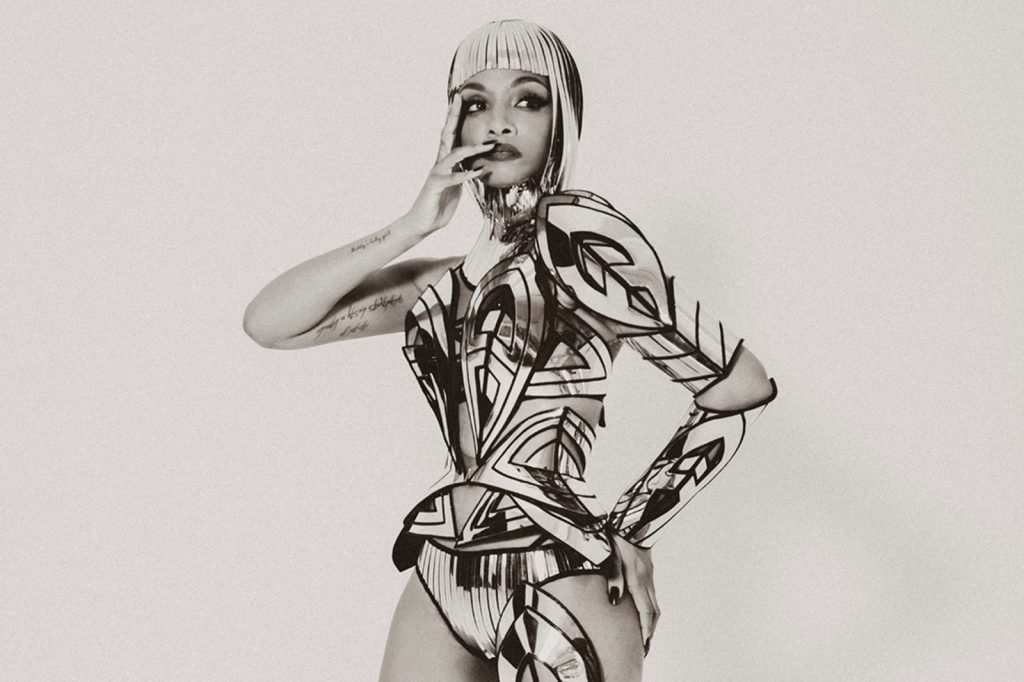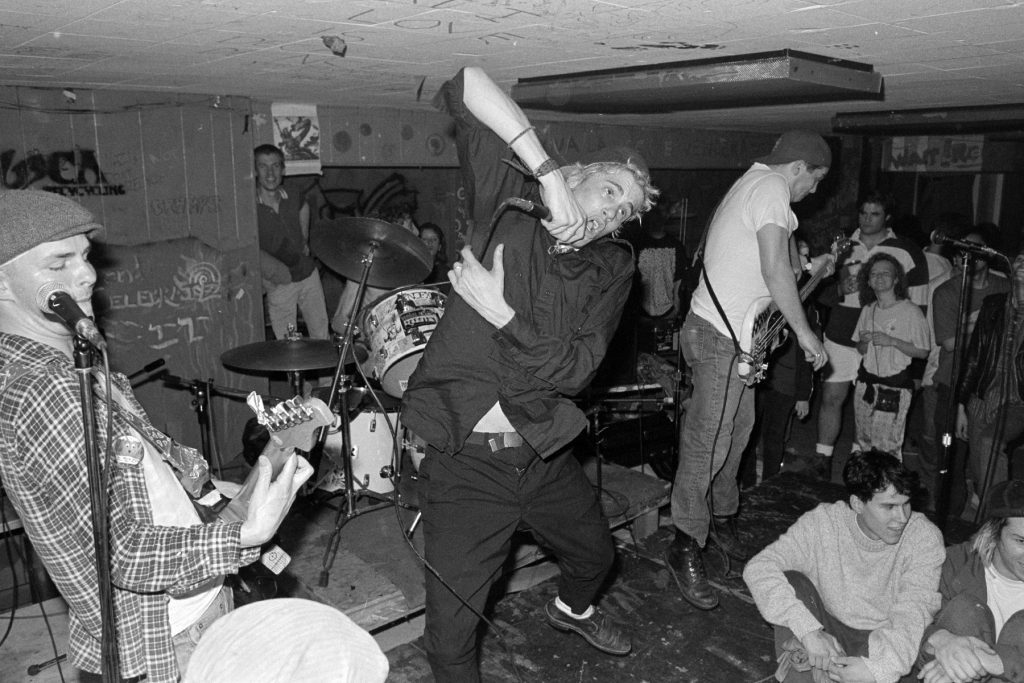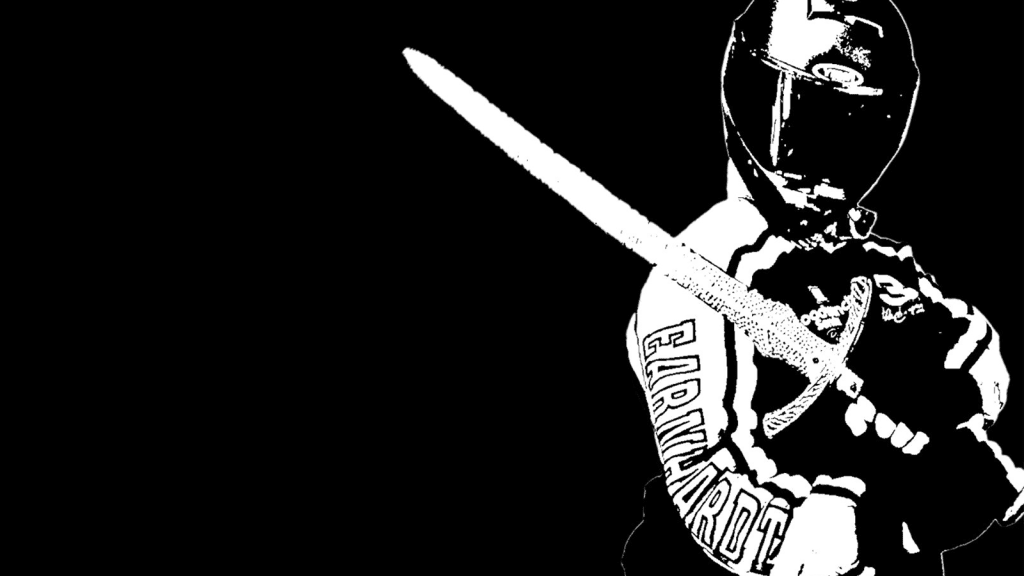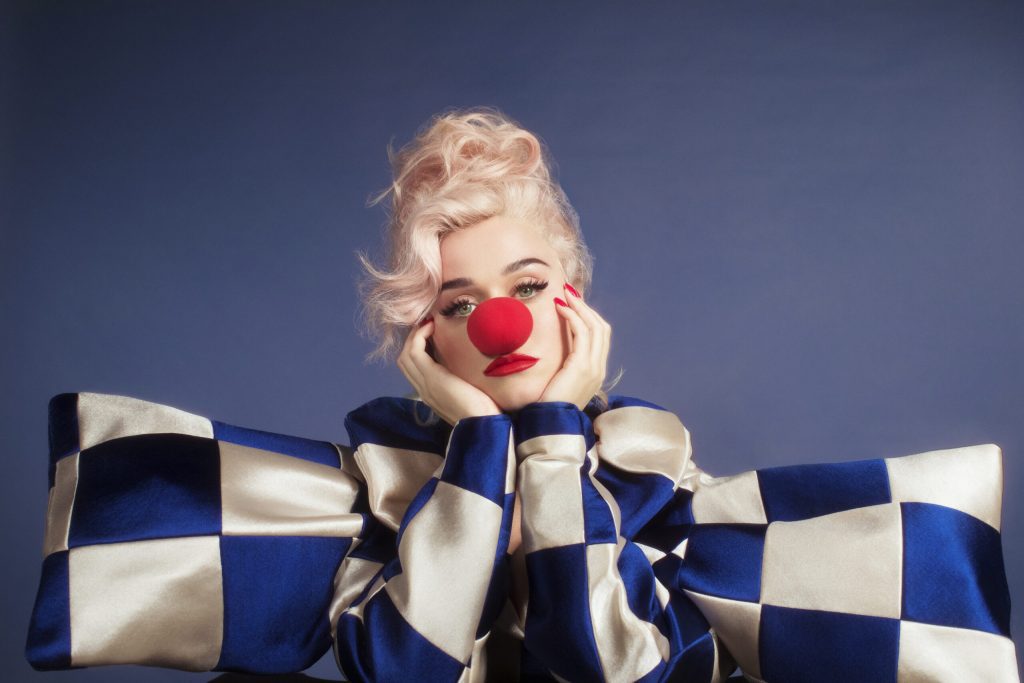
Dawn Richard’s Long Journey Culminates in the Bountiful Grooves of ‘Second Line’
Dawn Richard has taken a winding path through her nearly 20-year career. In the early ’00s, an audition for season three of the Diddy-helmed reality show Making the Band helped lead to stints in the R&B groups Danity Kane and Dirty Money; she’s also been an animator for Adult Swim, a vegan food truck proprietor, a New Orleans Hornets cheerleader, and an solo artist with five albums. That long arc has included moments of commercial success and periods of rejection in the fickle music industry. Now, she finds herself on the North Carolina indie-rock label Merge with her sixth LP, Second Line. It may be an unexpected place for her, but the record feels like a culmination of all her experience, suffused into an album that threads decades of music and heritage into a thrilling, organic whole.
“What does it mean to second line?” she asks on “Nostalgia,” referencing the euphoric street-dance tradition of her hometown New Orleans, then answers — “to give the good footwork with the good work” — over a bouncing synth line. New Orleans music is just one element in a mix that threads house, electro, funk, R&B, and hip-hop. Opening track “King Creole (intro)” sets the freewheeling tone. Richard, who plays synths on the LP and created the album in collaboration with Los Angeles producer Ila Orbis, is interested in bending history to her will, letting styles pass through her lens the same way music has merged and mutated as it has passed through the city that inspires her and she hopes to inspire. The ecstatic vocoder grooves of “Boomerang” are followed by the equally vibrant “Bussifame,” in which Richard offers dance instruction as if she’s leading a parade down a packed street. There’s reggae in “Voodoo (Intermission),” and a melody from Beethoven grafted into “Le Petit Morte (a lude).” And if Richard’s complaints about the slights she’s suffered in the music biz over the years, delivered against the arty Eno-ambient drone of “Radio Free,” feel a little petty amidst a setting that’s otherwise so rich and expansive, “Jacuzzi” deftly demonstrates her ability to belt out a straightforward R&B banger as well as anyone on the charts — as if the Top 40 could be her playground, too.
blogherads.adq.push(function () {
blogherads
.defineSlot( ‘medrec’, ‘gpt-dsk-tab-article-inbody1-uid0’ )
.setTargeting( ‘pos’, [“mid-article”,”mid”,”in-article1″,”mid-article1″] )
.setSubAdUnitPath(“music//article//inbody1”)
.addSize([[300,250],[620,350],[2,2],[3,3],[2,4],[4,2]])
;
});
Richard intersperses the album with interviews she conducted with her mother. That mix of personal discovery and feminist oral history can bring to mind Solange’s A Seat at the Table, another autobiographically-tinged album with Louisiana roots. Yet where Solange took her sound back to the Seventies, the decision by Richard to anchor much of Second Line in house and other forms of electronic club music has a poignant energy all its own. Just as the early pioneers of Chicago house created a futurist sense of musical and sexual identity, there’s a feeling here of following any impulse you want, no matter where it takes you. “What does it means to love a Louisiana woman?” Richard asks in one of the album’s interstitial interviews, to which her mom responds: “You gotta be willing to take it like she give it to you.” On Second Line, that’s a deal you’ll be happy to make.




